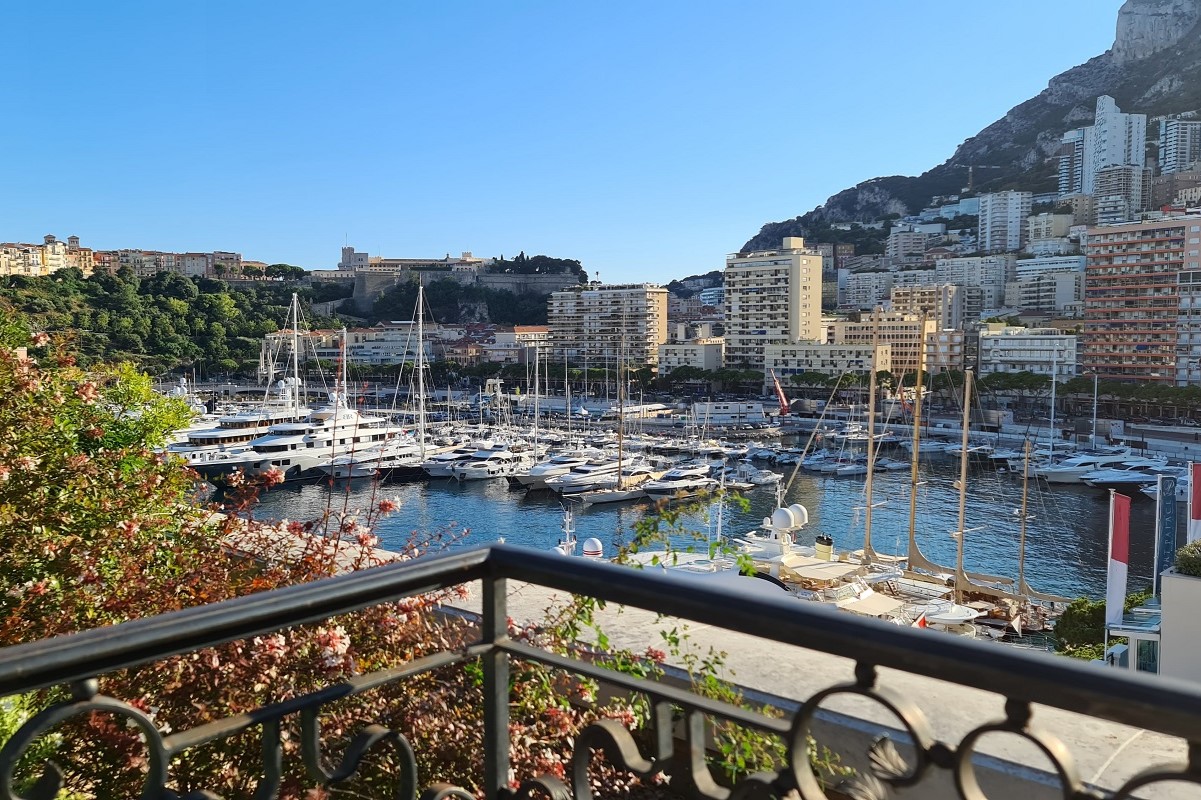Anyone over the age of 16 who lives in Monaco more than three months each year is required to apply for residency. Check out this simple guide to see how it’s done.
Being an expat is a wonderful thing, but it does come with its fair share of paperwork. One of the first hurdles most newcomers face when moving to Monaco is the need to become an official resident.
WHO NEEDS TO APPLY?
Firstly, let’s make clear who needs to provide what. If an applicant is from the European Economic Area or is a third country national – a status that includes nationals from places such as San Marino, Vatican City and Gibraltar – it is not necessary to supply any documents, as these people are able to freely live and work in the Principality.
For the rest of the world, those wanting to obtain a Carte de Séjour will first need to get a long-stay visa through the French Consulate nearest to their usual place of residence.
Foreign nationals who already have a place to live in the Principality can go directly to the Ministry of the Interior and ask to apply directly to the French Embassy in Monaco. Proof of address will be requested. This can be anything from a rental contract, a current electricity bill in the applicant’s name or a notarised property deed, though other documents may be accepted.
If a person has legally lived in France for over a year, they can apply for a transfer of residency by going to the French Embassy in Monaco. In any case, a long-stay visa is required to apply for a residency permit.
The fee for a first-time applicant is €80 and it is valid for one year. After three years, a three-year permit will be issued. The cost of this is €100. After 10 consecutive years of proven full-time residency, a card valid for 10 years can be issued at a cost of €160.
FINANCIAL REQUIREMENTS
Monaco is happy to welcome anyone, but the Principality likes to make sure that those who are moving here can support themselves properly.
That being said, there are several ways to meet these requirements. They include: setting up or being the manager or director of a company in Monaco and the surrounding area, being employed or self-employed in the Principality, having regular pension payments if a retiree, and proof of being financially supported by a relative, spouse, partner or friend.
For any other situation, a reference from a Monegasque bank or a financial institution confirming sufficient funds will also do the trick.
OTHER DOCUMENTS
Of course, there is also a list of personal documents that need to be provided, such as a valid passport including the long-stay visa, a birth certificate and a criminal record check issued by the last two countries where the applicant resided in the last five years (if there have been multiple international addresses).
Additionally, if the person requesting residency is married, a marriage certificate will be asked for, and those who are divorced or separated must provide legal decrees. Students will also be asked for proof of their status. Parents or guardians of children under 16 will need a passport and proof of schooling for those in their care.
Finally, the government asks that each applicant sign a sworn declaration that all information given is true and that there is no reason why the applicant should not be granted permission to reside in the Principality.
Once all the documents are collected, the application can be submitted online or via post, though the online versions tend to get attention faster. After the application is approved, a time is set up from the Residency Department to pick up the card. Et voilà, Monaco residency obtained!
For more information on specifics, for online forms and to reach the link for submissions, visit the designated website in English here.
Sign up for the Monaco Life newsletter. For the latest news, follow us on Facebook, Twitter, and Instagram.
Photo source: Marc Vael for Unsplash
